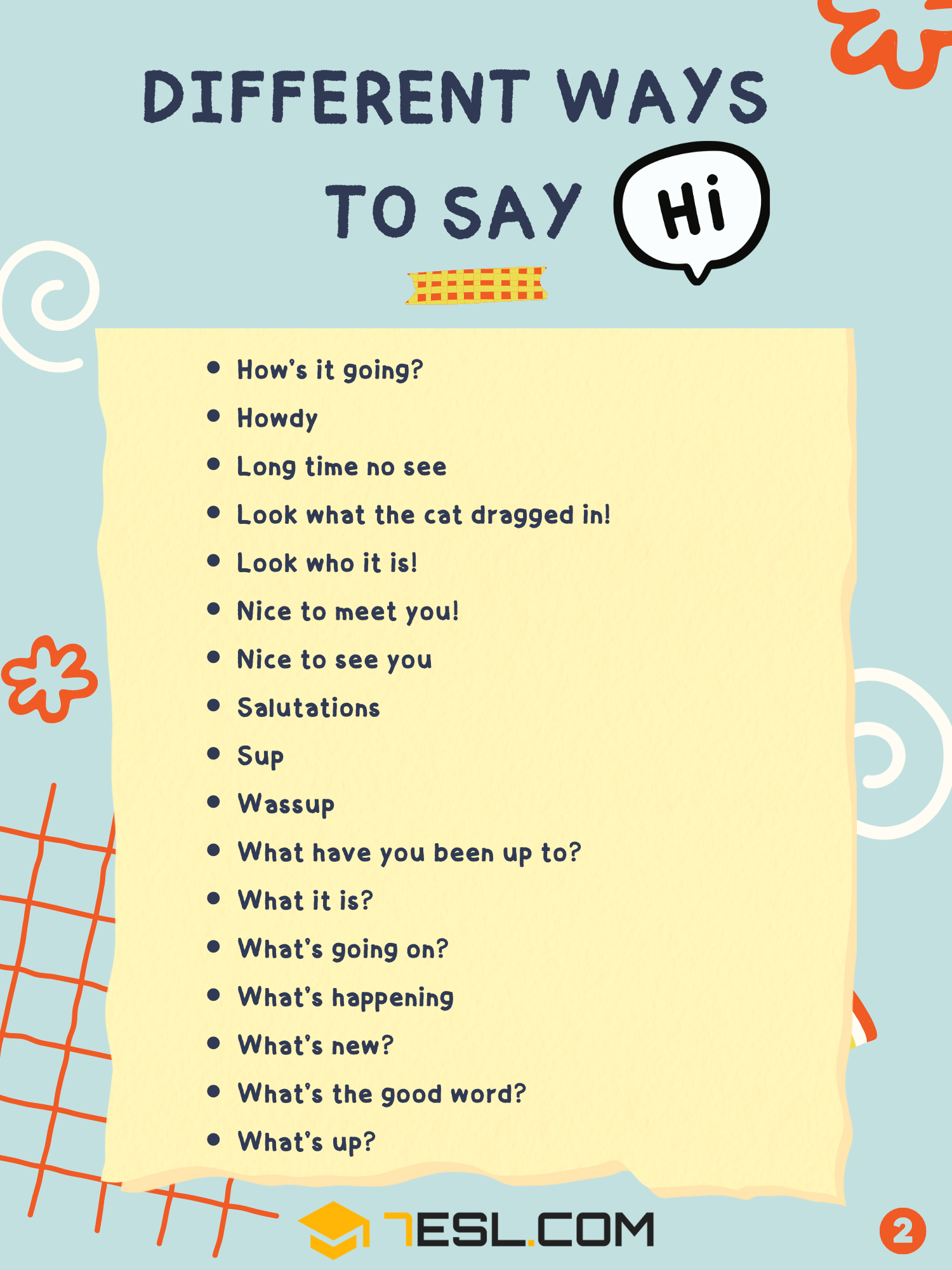Feeling a pang of absence for someone dear is a shared human experience, isn't it? That deep wish to connect, to let another person know they are on your mind, it’s a feeling that spans all cultures. When distance stretches between hearts, words become bridges, and finding the right ones can truly make a difference. Learning to express this sentiment in a different tongue, like Arabic, can open up a whole new way to show you care, so it's a lovely thing to explore.
Arabic, with its rich history and beautiful sounds, offers many ways to convey deep personal feelings. It’s a language that carries a lot of cultural weight, and speaking a few heartfelt phrases can build connections that go beyond simple words. People often appreciate the effort when you try to speak their language, especially when sharing something as personal as missing them. It’s a sign of genuine care, and that, is that, something everyone can appreciate.
Just as the general act of "saying" involves using your voice to produce words, expressing a thought, or sharing a feeling, as a matter of fact, saying "I miss you" in Arabic also has its own special ways. It’s not just about translating word for word; it's about capturing the sentiment, the cultural warmth behind the words. Knowing these expressions can help you connect on a deeper, more personal level with Arabic speakers, whether they are family, friends, or someone you just met.
Table of Contents
- What's the main way to express missing someone in Arabic?
- How to say miss you in Arabic - "Ishtaqtu Lak" for different people?
- Are there other ways to express missing someone in Arabic?
- How to say miss you in Arabic - more heartfelt expressions?
- Why is it important to know how to say miss you in Arabic?
- How to say miss you in Arabic - cultural points to remember?
- What about responding when someone says "I miss you" in Arabic?
- How to say miss you in Arabic - common mistakes to avoid?
What's the main way to express missing someone in Arabic?
The most common and widely understood phrase to say "I miss you" in Arabic is "Ishtaqtu Lak." This phrase is pretty much, the go-to for many situations. It carries a direct and clear meaning, letting the person know you feel their absence. The word "Ishtaqtu" comes from a root that suggests longing or yearning, so it’s not just about a simple absence, but a deeper feeling. It’s a phrase that resonates with many, whether you are speaking to someone close or someone you have not seen in a while. It shows a genuine feeling of missing their presence, which is a nice thing to share.
Understanding "Ishtaqtu Lak" involves knowing a little about its structure. The "Ishtaqtu" part means "I missed" or "I longed." The "Lak" part is where things get interesting, as it changes based on who you are speaking to. It’s a simple way to make the phrase personal. This phrase, you know, can be used in many settings, from a text message to a face-to-face chat. It’s a versatile expression, truly, and a good one to have in your communication toolkit when you want to let someone know they are on your mind.
How to say miss you in Arabic - "Ishtaqtu Lak" for different people?
When you use "Ishtaqtu Lak," the "Lak" part changes depending on the gender and number of the person you are talking to. This is a common feature in Arabic, and it shows respect for the person you are addressing. For a male, you would say "Ishtaqtu Lak" (اشْتَقْتُ لَكَ). For a female, it becomes "Ishtaqtu Laki" (اشْتَقْتُ لَكِ). This slight change is important for accuracy and for sounding natural. It’s a bit like, saying "to him" versus "to her" in English, just built right into the word itself. Getting this right really helps your message land well.
If you are missing more than one person, the ending changes again. For two people, you would use "Ishtaqtu Lakuma" (اشْتَقْتُ لَكُمَا), regardless of their gender. For a group of males, or a mixed group, it’s "Ishtaqtu Lakum" (اشْتَقْتُ لَكُمْ). And for a group of females, it’s "Ishtaqtu Lakunna" (اشْتَقْتُ لَكُنَّ). These variations might seem like a lot to remember at first, but honestly, with a little practice, they become second nature. It’s a way the language expresses precision, and it really makes your expression of how to say miss you in Arabic feel more authentic.
For instance, if you are talking to a single male friend, you would share, "Ishtaqtu Lak ya habibi" (I miss you, my dear). If it’s a female friend, you would say, "Ishtaqtu Laki ya habibati." When sending a message to a couple, you might write, "Ishtaqtu Lakuma." And for your whole family, you would express, "Ishtaqtu Lakum jamee'an" (I miss you all). This attention to detail, you know, makes the language very expressive, allowing you to tailor your message to the exact people you are thinking of. It shows a thoughtful approach to communication, which is pretty good.
Are there other ways to express missing someone in Arabic?
While "Ishtaqtu Lak" is the most common, Arabic offers other phrases to express missing someone, each with a slightly different feel. One such phrase is "Wahashatni" (وَحَشَتْنِي). This expression is often used in more informal settings, and it means something like "You made me feel lonely" or "I feel your absence." It’s a very common way to express missing someone in Egyptian Arabic, for example, and it carries a warmth that feels quite personal. It’s a feeling of emptiness because someone is not there, which, you know, is a strong way to put it.
Another way to express a sense of loss or missing someone’s presence is "Faqadtuk" (فَقَدْتُكَ). This literally means "I lost you," but in this context, it conveys a feeling of missing their presence, as if a part of your daily life is gone. It can be used for someone who has moved away or is simply not around. It's a bit more dramatic than "Ishtaqtu Lak" and tends to be used when the absence is keenly felt. This phrase, you know, really emphasizes the impact of their absence on you, making it a powerful way to express how to say miss you in Arabic when the feeling is quite strong.
Sometimes, people use more poetic or metaphorical expressions to show their longing. Phrases that speak of the heart's yearning or the soul's desire are not uncommon. These expressions might not be direct translations of "I miss you," but they certainly convey the same deep sentiment. They are often found in songs or poetry, but also in everyday conversations among close friends or family members. It’s a bit like, painting a picture with words, adding layers of feeling to the simple idea of missing someone. This really shows the richness of the language, and how it can be used to convey a wide range of emotions.
How to say miss you in Arabic - more heartfelt expressions?
For those times when "Ishtaqtu Lak" just doesn't feel strong enough, there are phrases that convey a deeper, more profound sense of longing. One such expression is "Qalbi yashūqu ilayk" (قَلْبِي يَشُوقُ إِلَيْكَ), which means "My heart longs for you." This phrase brings a poetic touch to your feelings, emphasizing that the longing comes from the very core of your being. It’s a way to say, quite literally, that your heart yearns for the other person. This is often used, in fact, when the separation is long or the bond is particularly strong, like with a loved one or a very close family member. It truly expresses a deep emotional connection.
Another heartfelt way to express how to say miss you in Arabic is "Tawwaqt ila ru'yatik" (تَوَّقْتُ إِلَى رُؤْيَتِكَ), which means "I yearned to see you." This focuses on the desire to be in their presence, to physically see them again. It’s a very specific kind of missing, one that looks forward to a reunion. This expression, you know, is great for when you are anticipating seeing someone after a long time, and the thought of their return fills you with a sense of hopeful longing. It speaks to the visual and personal connection you share with them, which is a very human feeling.
For a more informal, yet still very warm, expression, especially in some dialects, you might hear "Wahashtini awi" (وَحَشْتِنِي أَوِي) which means "I miss you very much" (common in Egyptian Arabic). The "awi" adds emphasis, making the feeling quite strong and clear. It’s a way of saying, in other words, that their absence is truly felt and leaves a significant void. These expressions, while perhaps less common in formal settings than "Ishtaqtu Lak," truly capture the depth of emotion and allow for a more personal way to communicate your feelings of absence.
Why is it important to know how to say miss you in Arabic?
Knowing how to express feelings like "I miss you" in Arabic goes beyond just words; it’s about building genuine connections. When you speak to someone in their native language, even just a few phrases, it shows a level of respect and care that is truly appreciated. It tells them, you know, that you value their culture and that you are willing to put in the effort to connect on a deeper level. This can strengthen friendships, warm family ties, and even help in professional relationships by fostering a sense of camaraderie. It’s a simple gesture that can have a big impact.
For people living away from their home countries, hearing these words in Arabic can be incredibly comforting. It can bring a piece of home to them, reminding them of loved ones and familiar surroundings. It’s a way to bridge the gap that distance creates, and to let them know they are not forgotten. In some respects, it’s like sending a warm hug across the miles. This kind of thoughtful communication can make a person feel truly seen and cared for, which is a powerful thing to offer someone.
Moreover, using these phrases helps you understand the culture better. Language and culture are deeply intertwined, and by learning these expressions, you gain insight into how emotions are perceived and shared within Arabic-speaking communities. It’s not just about what to say, but also how and when to say it, which gives you a fuller picture of social interactions. This understanding, naturally, enriches your own perspective and helps you communicate more effectively and with greater sensitivity in various social settings. It really is a valuable skill to have.
How to say miss you in Arabic - cultural points to remember?
When expressing "how to say miss you in Arabic," context and relationship are very important. The way you speak to a close family member might be different from how you address a colleague or a new acquaintance. Arabic culture places a high value on respect and proper address, so choosing the right phrase and tone matters a lot. For instance, using a very informal or overly affectionate term with someone you don't know well could be seen as a bit out of place. It’s a matter of social grace, you know, to match your words to the situation.
The formality of the situation also plays a role. In a formal setting, or when speaking to an elder or someone in a position of respect, a more standard phrase like "Ishtaqtu Lak" is usually appropriate. For close friends and family, you have more freedom to use more personal or dialect-specific expressions like "Wahashatni." It’s about reading the room, so to speak, and understanding the social cues. This sensitivity, you know, shows that you are not just repeating words, but truly engaging with the cultural norms of communication. It makes your words carry more weight and sincerity.
Also, consider the frequency. While it’s wonderful to express your feelings, saying "I miss you" too often, especially in very short intervals, might lose some of its impact. Like any strong sentiment, it’s most powerful when used genuinely and when the feeling is truly present. It’s a bit like, seasoning a dish; just the right amount makes it perfect. Being mindful of these cultural nuances helps ensure that your expression of how to say miss you in Arabic is received in the warm and heartfelt way you intend, strengthening your connections rather than making them feel routine.
What about responding when someone says "I miss you" in Arabic?
Just as important as knowing how to say "I miss you" is knowing how to respond when someone says it to you in Arabic. A common and simple reply is "Wa ana akthar" (وَأَنَا أَكْثَر), which means "And me more." This is a warm and reciprocal way to show that the feeling is mutual. It’s a straightforward way to affirm your own feelings of absence for them. This phrase, you know, is widely understood and always a good choice, especially if you are not sure what else to say. It keeps the connection going and shows you appreciate their sentiment.
Another lovely response, particularly for someone you care deeply about, is "Allah la yahrimni mink" (اللَّه لا يَحْرِمْنِي مِنْك). This translates to "May God not deprive me of you," or "May God keep you with me." It’s a very heartfelt and spiritual way to express that you value their presence and hope they remain in your life. This response, you know, carries a lot of emotional weight and is often used among family members or very close friends. It’s a beautiful way to show how much you cherish their existence in your world.
For a slightly more casual or lighthearted response, you could simply say "Ana kaman" (أَنَا كَمَان), which means "Me too" (common in some dialects like Egyptian). This is less formal than "Wa ana akthar" and is often used among peers. It’s a quick and easy way to acknowledge their words and return the sentiment. In fact, choosing the right response can deepen the bond and make the conversation flow more naturally, showing that you are comfortable with the exchange and truly understand the sentiment behind their words. It's all part of the dance of human connection.
How to say miss you in Arabic - common mistakes to avoid?
When learning how to say miss you in Arabic, a common pitfall is incorrect pronunciation. Arabic sounds can be quite different from English, and some letters have specific guttural or emphatic sounds that are hard to master at first. For instance, the "q" sound in "Ishtaqtu" (ق) is not like the English "k" but comes from deeper in the throat. Mispronouncing these can make your words unclear or, in some cases, change their meaning entirely. It’s a bit like, trying to sing a song without knowing the tune; you get the words, but not the feeling. Listening to native speakers and practicing is key to getting these sounds right.
Another mistake to watch out for is using the wrong gender form for "Lak" or "Laki." As mentioned earlier, "Lak" is for a male, and "Laki" is for a female. Mixing these up is a common error for learners. While most Arabic speakers will understand what you mean from context, using the correct form shows a higher level of respect and proficiency. It’s a subtle thing, you know, but it makes a big difference in how your message is received. Paying attention to these small details truly shows that you care about speaking the language well.
Finally, sometimes people might be overly formal or informal for the situation. Using a very formal expression in a casual chat with a close friend might sound a bit stiff, or using a very casual one in a formal setting could seem disrespectful. It’s important to gauge the social context. Like, you wouldn't wear a tuxedo to a beach party, right? The same goes for language. Being aware of these social cues helps you choose the most appropriate way to express how to say miss you in Arabic, making your communication smooth and natural, and ultimately, more effective.


